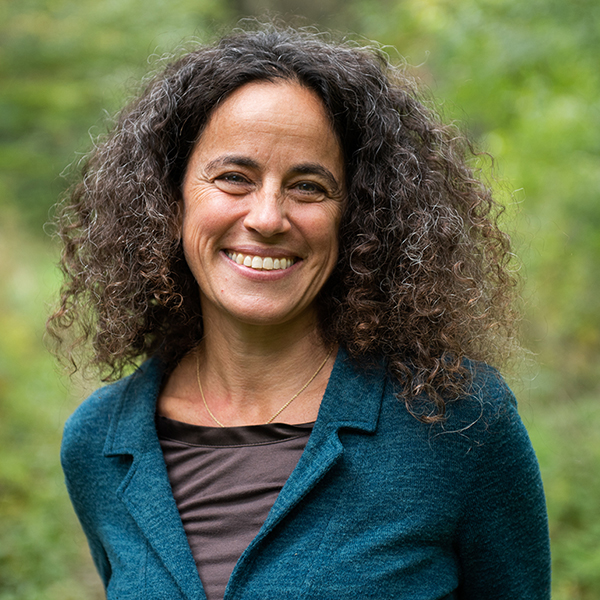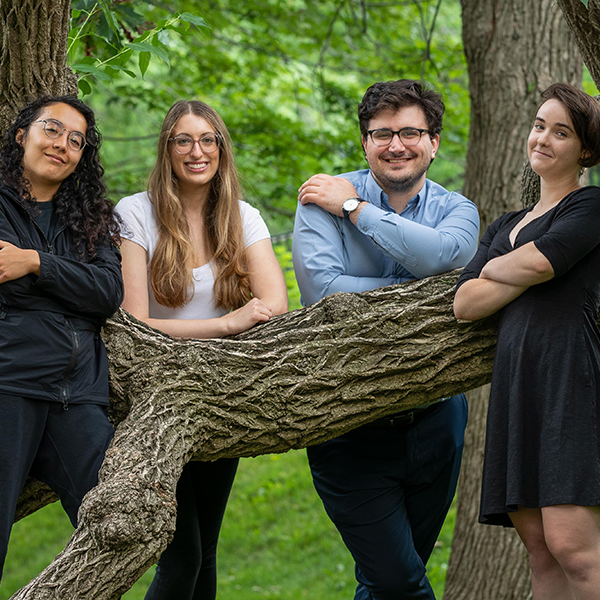As an anxious world waits for news about effective treatments for COVID-19, a global network of researchers is working together to hone in on the most promising drugs, and McGill’s Matthew Cheng, MDCM’11, is leading one of those key research projects at the McGill University Health Centre (MUHC).
An assistant professor in McGill’s Department of Medicine, Dr. Cheng’s clinical trial to test the efficacy of existing drugs against the SARS-CoV-2 virus started as a Canadian project, but is now part of a 90-country mega trial (called Solidarity) launched by the World Health Organization (WHO).
“There were a lot of trials going on at the same time, so it made sense to join WHO’s Solidarity,” says Cheng. “We can now pool data and rapidly generate answers. There’s never been a trial on this scale before.”
At McGill, the clinical trial is being funded by the recently-launched McGill Interdisciplinary Initiative in Infection and Immunity (MI4) Emergency COVID-19 Research Funding program, and is one of 16 projects now up and running.
“McGill is extraordinarily engaged and a leader in the response to this crisis,” says Cheng. “We’ve mobilized our community in a remarkable fashion.”
Cheng’s team is looking for answers about three of four potential treatments identified as promising candidates for COVID-19 patients: Remdesivir (previously tested as an Ebola treatment), Lopinavir/ritonavir (a treatment for HIV) and Hydroxychloroquine (used to treat rheumatologic conditions).
Recruitment is well underway at the Royal Victoria Hospital (Glen site) at the rate of about three to five new participants a day, and getting underway at the Montreal General Hospital. Cheng’s team includes physicians, research nurses, clinical research coordinators, project managers, laboratory technicians and fellow lead investigators Dr. Todd Lee and Dr. Marina Klein.
Together they undertake the necessary steps to identify patients and enrol them in the study – all the while respecting current coronavirus precautions like physical distancing.
“The consent process is now verbal [rather than written] with an impartial witness,” says Cheng. “We talk to subjects over the phone whenever possible.”
Cheng is aiming for a cohort of about 50 patients at the MUHC. The group will be divided into four sections. Each of three sections will receive one of the candidate drugs, the other section will be the control group. The trial, complementing similar trials at other Canadian sites totalling more than 400 patients across the country will, in turn, contribute to the WHO’s global effort.
Besides the scope of the international initiative, a distinguishing feature of this trial is its agility.
“The trial is adaptive,” says Cheng. “If a certain treatment shows more promise, we can change the structure as we go.
“Our team is working 12 to 14 hour days in the hospital,” he adds. “We’re expecting the first analysis by the end of April or early May.”
Running in tandem with the clinical trial is another project led by Cheng (with fellow lead investigators Dr. Erwin Schurr and Dr. Guillaume Bourque) and also funded by the MI4 Emergency COVID-19 Research Funding program. This study, using the same patients, team and infrastructure, is designed to identify significant genomic biomarkers. In the same way that body temperature is a biomarker for fever, biomarkers in the blood can play a pivotal role in understanding how drugs can be used – or not used – to treat COVID-19.
“We are analyzing blood samples and looking for specific markers that can help us predict if patients are going to do well and if they’re going to respond to treatment,” he says.
Cheng is focusing his attention on two possible areas which may reveal answers: the chromatin state of white blood cells (monocytes) and specific changes in the main genetic messengers (the RNA) of the cells.
With both projects quickly gathering momentum, there’s no shortage of motivation for Cheng and his colleagues. He says his team views their work as a commitment to help patients, protect health care workers, and preserve healthcare resources.
“There are not too many ways out of this pandemic,” he says. “The obvious best way out is with a medical solution and for that, we need the support of everyone. The government is doing everything it can but its resources are stretched. We need to keep working together on this.”


